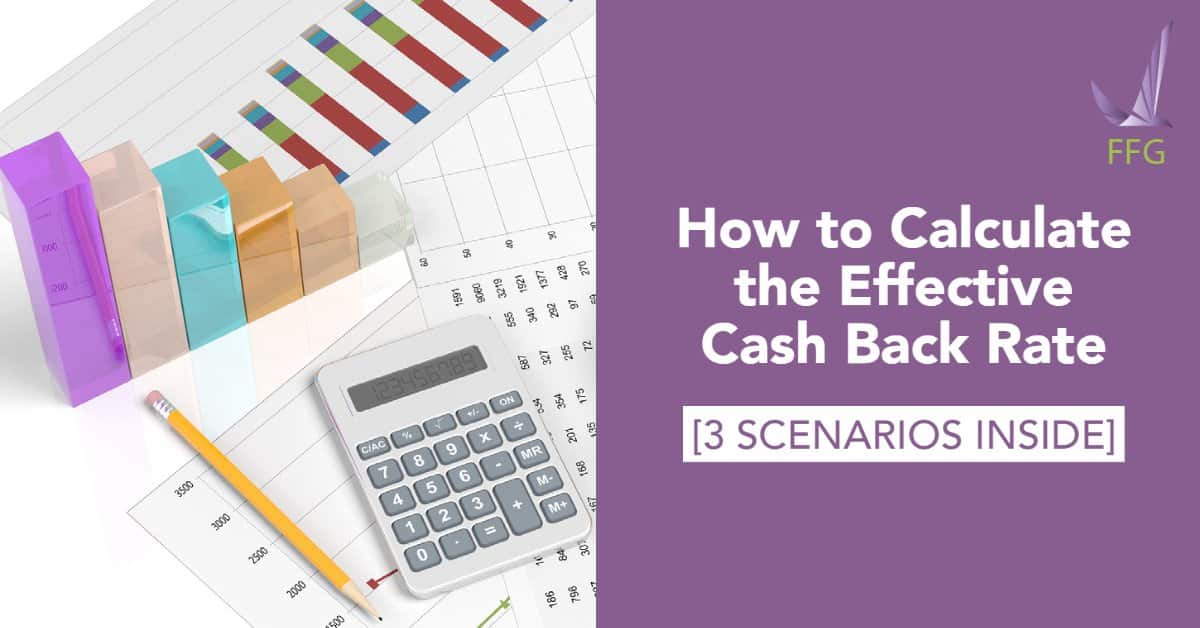The Right Way to Choose a Hotel Rewards Credit Card

Did you know there was another segment of travel credit cards dedicated to hotels? Hotel rewards credit cards work with a hotel’s loyalty program, earning you points for each stay. Hotel credit cards are best used by cardholders who often travel, like avid travelers and road warriors. Points can be converted to exclusive perks and bonuses like free rooms, or waived costs for paid amenities. Many hotels allow you to earn and use your loyalty points across their brands.
We’ve put together a list of tips that can help you choose a hotel rewards credit card. This includes evaluating cards against your travel and spending style so that you select the right card for future trips.
Table of Contents
Tips For Choosing Your Next Hotel Rewards Credit Card
Before you apply for anything, you should understand what kind of traveler you are. Decide what’s important to you concerning your hotel stays. Then use your responses to guide how you approach the tips below.
Select a Hotel Chain
Do you have a preferred hotel chain? Perhaps you stay with one brand because of convenience or for work requirements. (If you aren’t sure, look at your past and future travel plans to see any patterns that may emerge.) Should you realize that you deliberately (or inadvertently) have a hotel brand preference, this may be the one to choose. You may not see a pattern; you may choose your hotels based on price rather than loyalty, for example. In that case, a general travel rewards credit card will give you the flexibility you need for your trips.
Study the Rewards Program
The rewards program is the fun part. You want to know how you earn points from your purchases. Is there a tier system for different types of purchases or do all your purchases earn a flat rate? Are there opportunities to earn bonus points by booking at certain times of the year, or doing something extra? The Hilton hotel offers 2x the points if you book and stay during certain times of the year. They also apply this program to certain rooms, times and locations. If you have flexibility in your travel plans, use the rewards program information to catch bonus points with minimal effort.
Do Some Redemption Research
The other part of your strategy to verify is how easy it is to redeem your points. Similar hotels cost different prices based on the day of stay, the day booked, and the location of the hotel. Note that a hotel card should allow you to enough points for a free night after a reasonable number of trips. Is there a straight points-for-dollar exchange system, or are rewards granted when you reach a point tier limit? Are there blackout periods preventing you from using your points on a given day or at a chosen location? Once you familiarize yourself with the rules, you may use them to make the system work in your favor. You should understand the value of your rewards points. To calculate the point value, divide the cost of the room by the number of points required to book the room.
Compare and Evaluate Sign-Up Bonuses
Like airline rewards cards, hotel reward cards usually offer a sign-up bonus within the first three months of card ownership. You’re expected to meet a threshold between $1000 and $3000 to qualify for the bonuses. The sign-up bonus can help you narrow down your selection. You should compare the requirements and the value of the bonuses for multiple cards, especially if there are a few close contenders.
Pay Attention To the Fees
Fees can eat into your benefits, so you would want to avoid excess fees unless they’re justifiable. A good example is an annual fee, which is a yearly cost for using the card. Annual fees for hotel rewards credit cards are usually high because the belief is that the perks are worth it. Feel free to verify that the value of your benefits meets and exceeds the cost of the annual fee.
The annual fee is not the only one you should consider. You should review the foreign transaction fees (3% of the purchase price for allowing the foreign transaction to occur). If you can’t avoid the fee entirely, try contacting your credit card issuer. You may be able to convince them to waive the fee for a year. When it expires next year, try doing the same thing.
You should be assessing all the fees and penalties related to the card. The knowledge of what can trigger penalties and extra fees can encourage you to modify your behavior to avoid them. Saving money on fees and penalties increases the value of your rewards.
What Are the Other Benefits?
Each hotel rewards credit card program offers different additional perks. The Starwood Preferred Guest Credit Card from American Express allows you to use your points with other travel providers. You may exchange your points for car rentals and more than 40 airlines. Card users receive complementary benefits, like late checkout, one night’s lodging per year, and in-room internet access. There is also an offer for up to $300 worth of annual statement credits from eligible purchases from select hotels. For cards which are similar in other categories, the other benefits may be the factor that ultimately determines the decision.
Use Your Hotel Card Wisely
Using all the tips provided above, you should be able to choose a hotel rewards credit card to pursue. Selecting a card should be done by looking at the big picture. Focusing on a single factor will lead you to apply for a card that is inappropriate for your circumstances. When you do receive your travel card, don’t forget to use good credit card habits. Pay off your balance every month, since debt balances and penalties devalue any benefits you get. With a hotel rewards credit card, your plan should be to maximize all available benefits in your program.





